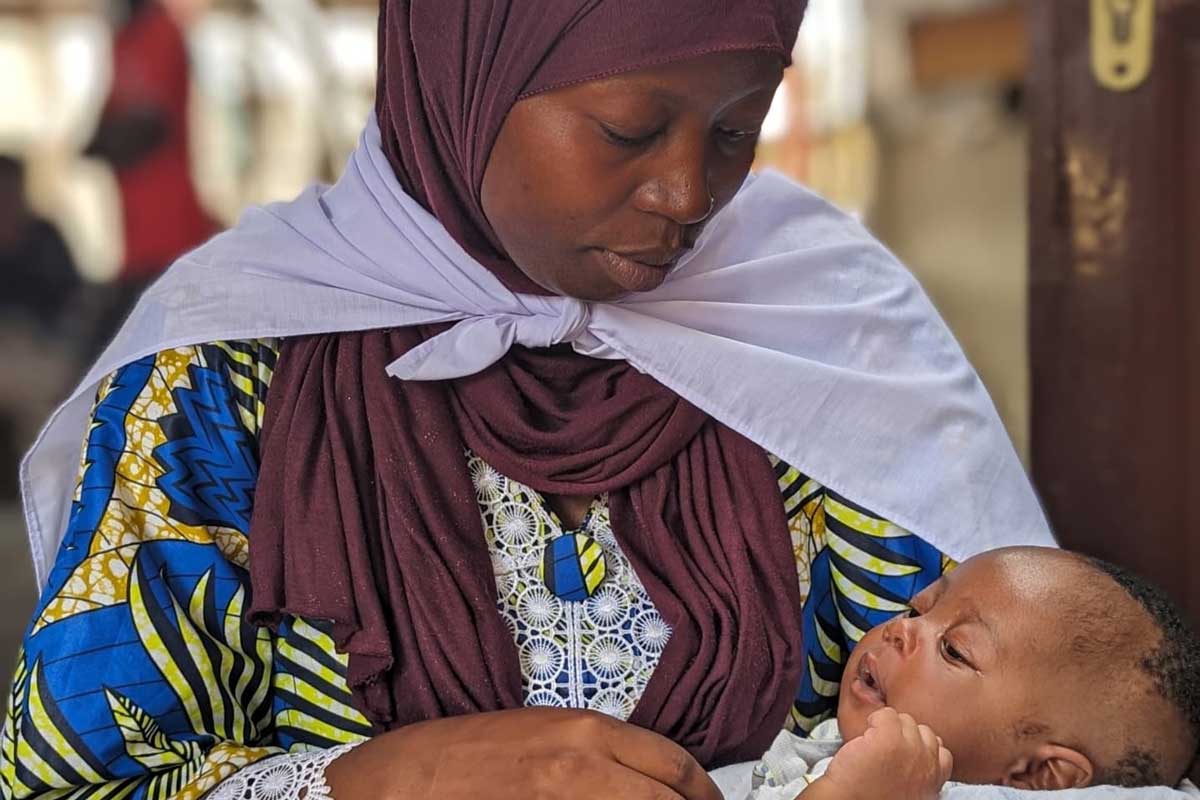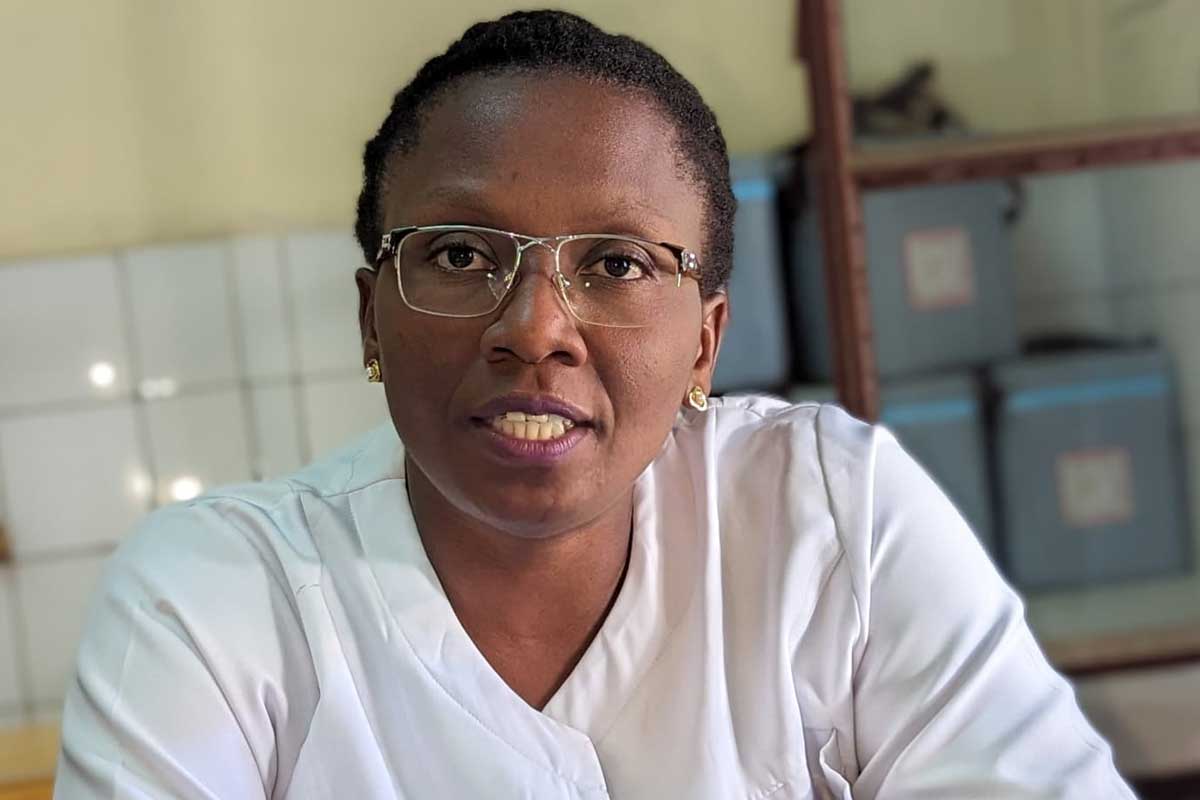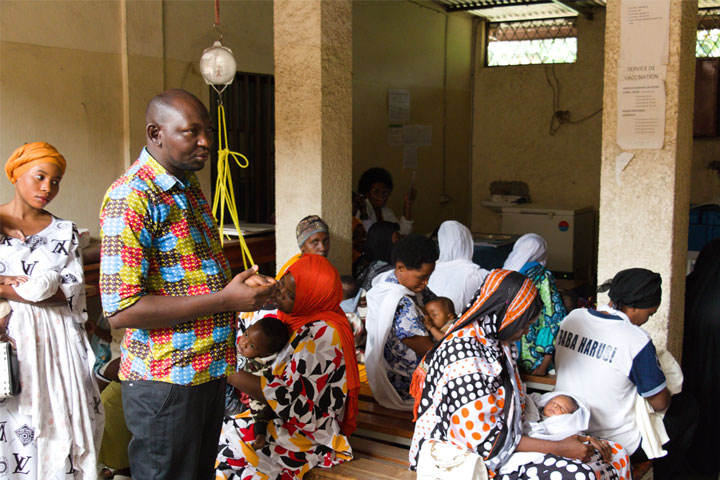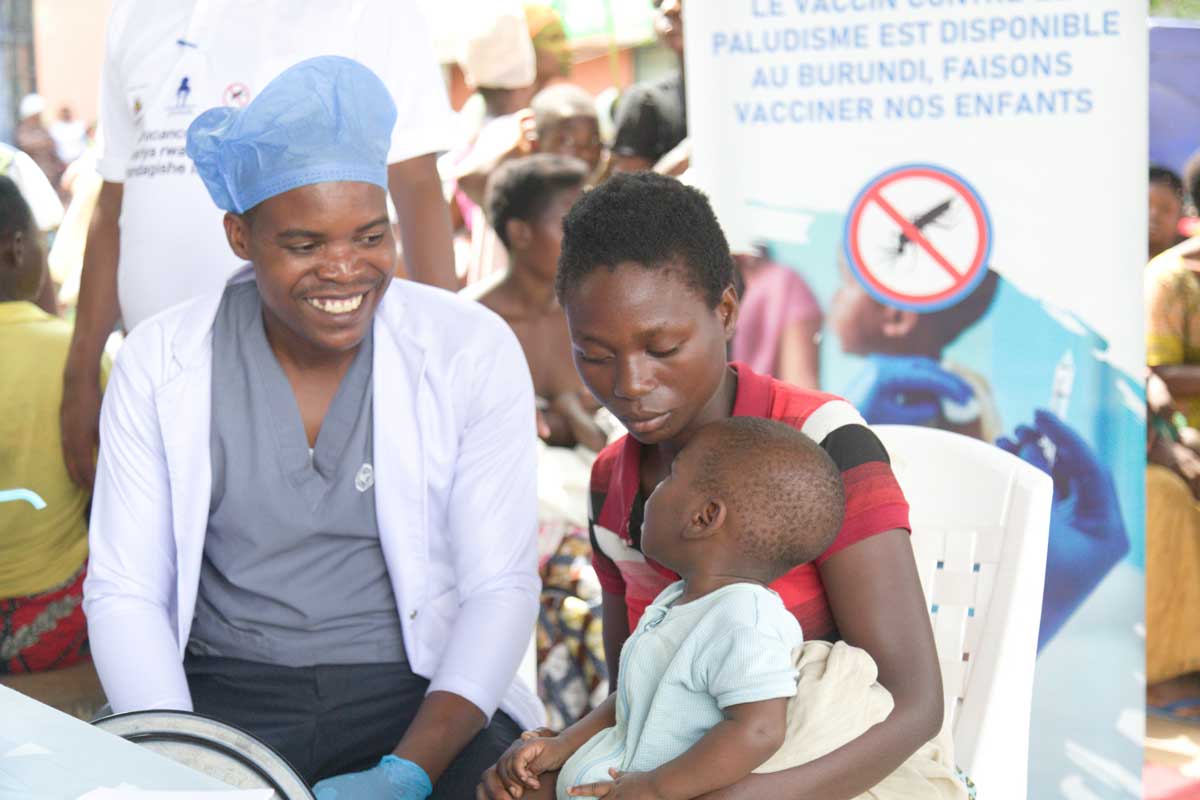Burundi’s expanded vaccination programme vital in reducing deaths in young children
Vaccine-preventable disease has significantly decreased over the past decade as immunisation coverage in Burundi has increased.
- 10 April 2025
- 4 min read
- by Moses Havyarimana

Burundi health leaders say that vaccination is considered the leading factor in the significant decline of under-five mortality rates in the country.
Figures released by UNICEF indicate that Burundi’s under-five mortality rates have significantly declined, from 143 deaths per 1,000 live births in 2002, to 50 deaths per 1,000 live births in 2022. UNICEF and World Health Organization statistics, meanwhile, show that Burundi’s immunisation coverage – using coverage with the third dose of the basic diphtheria, pertussis and tetanus-containing vaccine (DTP3) as a proxy for coverage in general – rose from 81% to 91% in that same time-frame.
Child mortality attributed to vaccine-preventable disease in Burundi stood at 1,430 deaths in the year 2014, versus in the year 2024, in which the country recorded just 265 fatalities linked to vaccine-preventable diseases (VPDs).
“This improvement is accompanied by an impressive decline in child mortality from vaccine-preventable diseases, including pneumonia (-92%), tuberculosis (-72%), and acute respiratory infections (-69%),” said Dr Polycarpe Ndayikeza, spokesperson for the Burundi Ministry of Health. “We hope that the recently introduced new malaria vaccine will soon reverse the trend in childhood morbidity and mortality from malaria, the leading public health problem in Burundi.”
The Burundi government said that efforts are still needed to fill the remaining gaps and ensure optimal vaccination coverage, particularly in hard-to-reach areas.
Getting protected
Aline Hatungimana, a 28-year-old mother of two children who lives in Buyenzi, a Bujumbura suburb, has experience of life in the immunisation gap.
“My firstborn used to always get sick, and I didn’t know why the child kept getting sick. When it was time for class or studying, they could call me at school that the child is in critical condition – so in most cases instead of having time studying he was always at the hospital.”
Hatungimana said his health improved after she met a good Samaritan who advised her to take her child for vaccination.
“This lady turned out to be a nurse, and she told me that my child needed to be vaccinated. So that’s when I learned about the protocols of taking children for vaccinations.”
Hatungimana’s firstborn is now nine years old. His younger sibling was vaccinated from the start, and Hatungimana says both children are healthy.
Beyond the emotional toll and the educational deficits, Hatungimana says vaccination has saved her financial stress. “The time to look for money to feed the children, you end up spending it at the hospital. And the money which you saved to help take care of the family, you end up spending it at the hospital despite having vaccination centres for free,” said Hatungimana.

Vaccine preventable disease in decline
Burundi’s Expanded Programme on Immunization began in 1980, with vaccines against diphtheria, tuberculosis, pertussis (DTP), measles, polio and tetanus. The aim was to protect all children against vaccine-preventable diseases.
In less than ten years after the launch of the programme, the country had a coverage rate above 80% for all these antigens. According to Burundi’s Ministry of Health, in 2004 two new vaccines were introduced: the two-dose hepatitis B and Haemophilus influenzae type b (Hib) vaccines. In 2005, the pentavalent vaccine simplified delivery – a single injection delivers DTP, hepatitis B and freeze-dried Hib vaccines.
As under-five mortality has dropped, improved child health has also resulted in reduced medical expenses, improved school attendance “and a healthier society”, in Dr Ndayikeza’s words.
The Burundi government says that there has been a notable reduction in deaths from all vaccine-preventable diseases. In the last decade alone, pneumonia deaths have seen a 94% decline, while tuberculosis fatalities have plummeted 70%.
Have you read?
Fighting misinformation
But challenges remain. Misinformation regarding vaccination programmes in Burundi is still circulating, says health worker Honorine Nkunzimana. Nkunzimana, currently working at a community medical centre in Buyenzi, has been working in vaccination centres for over 15 years. The pandemic was a setback.
“In 2020 there was a lot of misinformation. Even mothers wanted to abandon other [non-COVID-19] vaccination, but we tried to sensitise them a lot, and there was a good turnout for the vaccinations,” she said.
Nkunzimana says that the government and the health partners have used different strategies to reach children countrywide. “We even find parents at their homes to vaccinate the children because sometimes we expect children, and we find that they didn’t come for the vaccination, so we decide to follow up to their homes. There are some conspiracy theories about the vaccines, but we always try to educate parents so that they can understand the importance of the vaccine,” said Nkunzimana.
Hafsa Ramadhan was at the Buyenzi medical centre with one of her children. She says none of her children have ever missed a dose. “One of my neighbour’s children suffered a lot, and the child had polio, so it is always better for parents to know that vaccination is important for their children,” she said.
According to UNICEF the mortality rate for the children under five years of age globally has decreased from 3.7% in 2000–2015 to 2.2% from 2015–2023.








